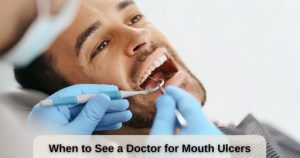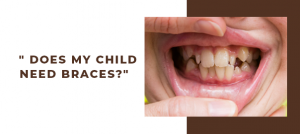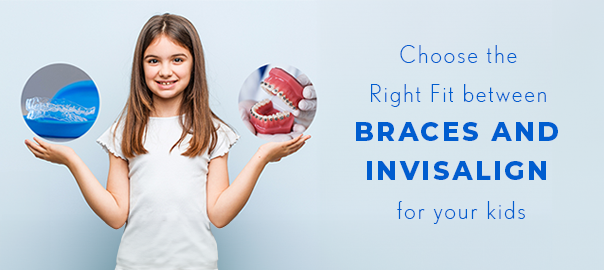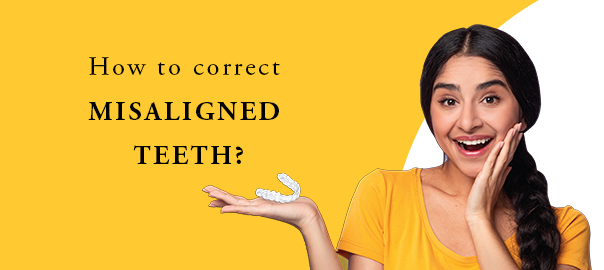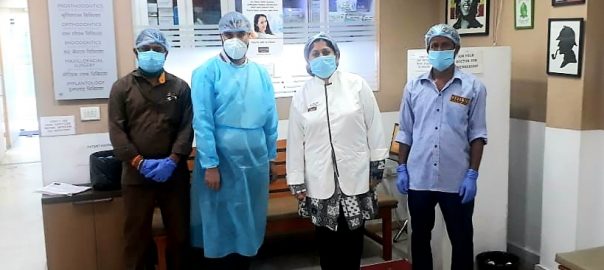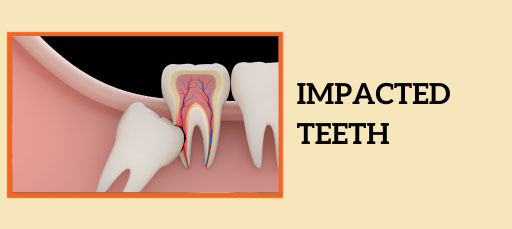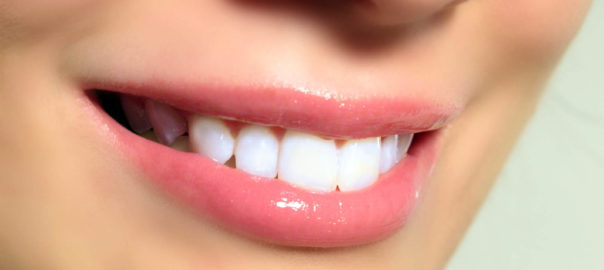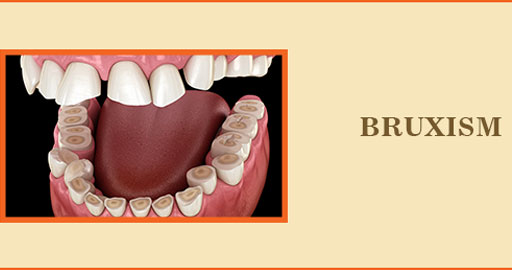
Understanding Bruxism: Symptoms, Causes, and Treatment
Do you wake up with a headache and a sore jaw? Or perhaps you’ve been told that you grind your teeth at night? These could be signs of a common dental condition known as bruxism. This blog will dive into the symptoms, causes, and treatment options for bruxism.
What is Bruxism?
Bruxism, often called teeth grinding or jaw clenching, is when a person unconsciously grinds, gnashes, or clenches their teeth, often during sleep. This condition can significantly impact your oral health and overall well-being.
Symptoms of Bruxism
- Tooth Damage: One of the most common signs is the wearing down of teeth, leading to fractures, flat surfaces, and increased tooth sensitivity.
- Jaw Pain: Regular teeth grinding can cause jaw pain, which may radiate to the neck and face.
- Headaches: Morning headaches, especially around the temples, can be a symptom of bruxism.
- Earache: Bruxism can also result in earaches or tinnitus due to the proximity of the jaw and ear.
- Sleep Disturbances: Bruxism can disrupt sleep, causing you to wake up frequently at night.
Causes of Bruxism
The exact cause of bruxism can vary from person to person. Some common factors that contribute to this condition include:
- Stress and Anxiety: High-stress levels can lead to teeth grinding, especially during sleep.
- Misaligned Teeth: Irregular bites or misaligned teeth can cause bruxism as the jaw attempts to find a comfortable position.
- Medications: Some medications, such as antidepressants, can induce bruxism as a side effect.
- Lifestyle Factors: Alcohol and caffeine consumption, as well as smoking, have been linked to an increased risk of bruxism.
Treatment for Bruxism
If you suspect you have bruxism, seeking professional dental care is crucial. Treatment options may include:
- Dental Appliances: A standard solution is a custom-made mouthguard or splint that you wear at night to protect your teeth from grinding.
- Stress Management: Learning stress reduction techniques can effectively reduce teeth grinding.
- Orthodontic Treatment: Orthodontic procedures may be recommended if misaligned teeth are the root cause.
- Medication: In some cases, muscle relaxants or drugs to manage anxiety may be prescribed.
Prevention of Bruxism
Bruxism, the habit of grinding or clenching one’s teeth, can lead to dental issues, jaw pain, headaches, and even disrupted sleep. While there isn’t a single foolproof method for preventing bruxism, several strategies can help mitigate its effects:
- Bruxism is often linked to stress and anxiety: Techniques such as deep breathing exercises, meditation, yoga, or therapy can help reduce stress levels and decrease teeth grinding.
- Mouth Guards: A custom-fitted mouthguard or splint can be worn at night to protect the teeth from the damaging effects of grinding. These devices create a barrier between the upper and lower teeth, preventing them from grinding against each other.
- Limiting Stimulants: Avoiding or reducing the intake of stimulants like caffeine, nicotine, and alcohol, incredibly close to bedtime, can help alleviate bruxism symptoms.
- Jaw Muscle Relaxation: Applying warm compresses or gently massaging the jaw muscles before bedtime can help relax the muscles and reduce grinding during sleep.
- Correcting Misaligned Teeth: In some cases, bruxism may be aggravated by misaligned teeth or an improper bite. Orthodontic treatments or dental procedures to correct these issues can help alleviate bruxism.
- Behavioral Therapy: Cognitive-behavioral therapy (CBT) can help individuals identify and address the underlying triggers of bruxism, such as stress or anxiety, and develop coping strategies to manage them effectively.
- Biofeedback: This technique involves using electronic devices to monitor muscle activity and teach individuals how to control muscle tension consciously, potentially reducing bruxism episodes.
- Regular Dental Checkups: Routine dental visits can help identify signs of bruxism early on and allow timely intervention and treatment.
- Sleep Hygiene Practices: Adopting good sleep hygiene habits, such as maintaining a consistent sleep schedule, creating a relaxing bedtime routine, and ensuring a comfortable sleep environment, can help improve sleep quality and reduce bruxism.
- Avoiding Chewing Gum and Tough Foods: Chewing gum or consuming tough foods excessively can exacerbate jaw muscle fatigue and potentially contribute to bruxism. Limiting these habits may help alleviate symptoms.
Frequently Asked Questions (FAQs)
-
- Can children have bruxism?
Yes, children can develop bruxism. It’s more common in children and may resolve independently as they age.
-
- Is teeth grinding a severe issue?>
While occasional teeth grinding may not be a significant concern, chronic bruxism can lead to dental problems, headaches, and other health issues if left untreated.
-
- Can stress management techniques help with bruxism?
Yes, reducing stress through techniques like meditation, yoga, or counseling can often alleviate bruxism symptoms.
-
- Are dental appliances uncomfortable to wear?
Dental appliances, such as mouthguards, are custom-fitted to be comfortable. They protect your teeth without causing discomfort.
-
- Is bruxism linked to other health problems?
If not addressed, bruxism can be associated with temporomandibular joint (TMJ) disorders and contribute to other dental issues.
In conclusion, bruxism is a common condition that can significantly impact your oral health and overall well-being. If you suspect you have bruxism, don’t hesitate to seek professional dental care. Clove Dental is here to provide expert guidance and support on your journey to a healthier, happier smile.
At Clove Dental, we understand the importance of maintaining optimal oral health. Your smile is our priority, and we are committed to supporting you on your journey to a healthier, happier smile. With a vast network of 400+ clinics across India and a staggering 1.5 million happy patients, we are your trusted partner in oral healthcare.
Our expert dentists have state-of-the-art facilities to provide the best care possible. You can find Clove Dental clinics in cities across India, and our dedicated doctors are here to support you on your journey to a healthier, happier smile.
Don’t hesitate to schedule an appointment with Clove Dental – let’s unlock the smile you deserve!
Leave a Reply
Leave a Reply








